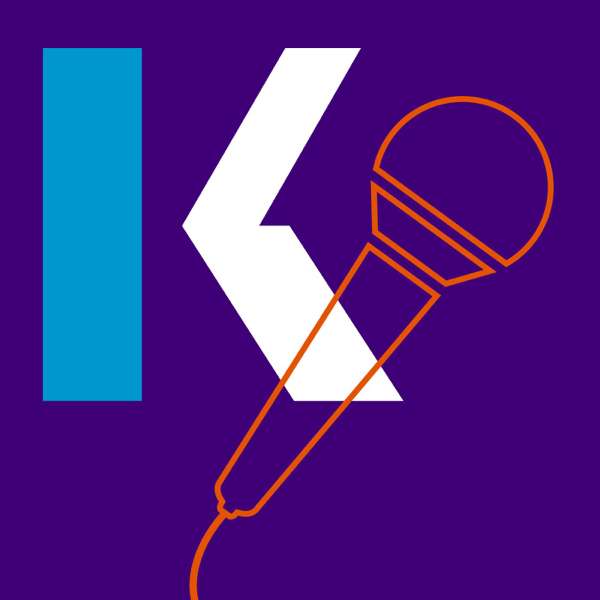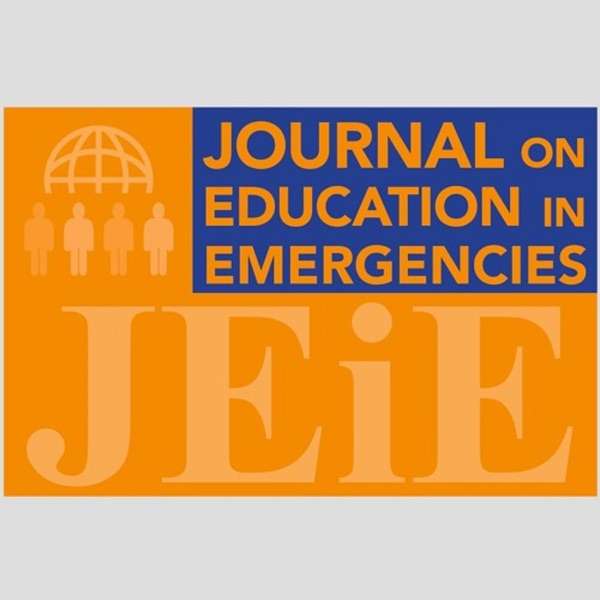About the Guest(s):
Amanda Morin: A renowned neurodivergent neurodiversity activist, Amanda Morin is an award-winning author, specialist in early childhood and behavioral studies, a certified teacher, and a nationally acclaimed speaker. She has dedicated her career to creating accessible, inclusive environments for neurodivergent individuals, working with educational professionals and parents to enhance understanding of mental health, neurodiversity, and disability.
Emily Kircher Morris: Licensed Professional Counselor (LPC) and host of the Neurodiversity Podcast, Emily specializes in supporting neurodivergent, twice-exceptional, and gifted individuals. Based in St. Louis, Missouri, she began her career in education and now runs a private mental health practice. Through her books and podcast, Emily explores the complex psychological, educational, and social needs of neurodivergent people.
Complete show notes + transcript: https://mcie.org/think-inclusive/creating-neurodiversity-affirming-schools-with-emily-kircher-morris-and-amanda-morin/
Episode Summary:
Explore the transformative world of neurodiversity in education with host Tim Villegas and his guests Emily Kircher Morris, and Amanda Morin. This episode of Think Inclusive focuses on thought-provoking insights from their book, "Neurodiversity Affirming Schools." The conversation ventures into the heart of inclusive education, emphasizing strategies that create positive learning environments for all students by fostering an understanding of neurodiversity in schools.
Discover how Amanda Morin and Emily Kircher Morris harness their expertise to challenge traditional perspectives on behavior and education. The dialogue introduces the concept of using identity-first language rather than person-first language to better support neurodivergent individuals, a practice that has stemmed from the neurodiversity movement. They address critical issues such as behavior management and the importance of co-regulation and mental health awareness among educators. By promoting a shift from ableism to inclusivity, this episode offers a guide for educators striving to make impactful changes in their teaching practices.
Key Takeaways:
-Neurodiversity-affirming practices are transforming educational environments by embracing and supporting all brain types and learning strategies, benefiting students and educators alike.
-Amanda and Emily highlight the significance of using identity-first language in place of person-first terminology, as promoted by self-advocates within the neurodiversity movement.
-Fostering a collaborative atmosphere among educators and related service providers is essential for supporting neurodivergent and twice-exceptional students.
-The discussion on behavior reframes conventional perspectives, advocating for understanding stress behavior and emphasizing co-regulation between teachers and students.
-The podcast offers practical recommendations, encouraging educators to make small yet meaningful changes that lead to substantial improvements in inclusive education practices.
Resources:
Neurodiversity Podcast: Hosted by Emily Kircher Morris, investigating the needs of neurodivergent individuals: https://www.neurodiversitypodcast.com/
Neurodiversity Affirming Schools Podcast: A limited series complementing the book by Amanda Morin and Emily Kircher Morris: https://www.neurodiversityaffirmingschools.com/
Thanks to our sponsor, IXL: https://www.ixl.com/inclusive
Hosted on Acast. See acast.com/privacy for more information.

 Our TOPPODCAST Picks
Our TOPPODCAST Picks  Stay Connected
Stay Connected







